Choosing the right procurement software is a critical decision for any organisation, but let’s look at some of the key questions financial services organisations must ask when choosing their software partner.
In a sector where compliance, efficiency and strategic value are crucial, the right software can transform procurement from a back-office function to a strategic asset. However, with so many options available, how do you identify the best solution for your needs? Here are 9 key questions to guide your decision-making process.
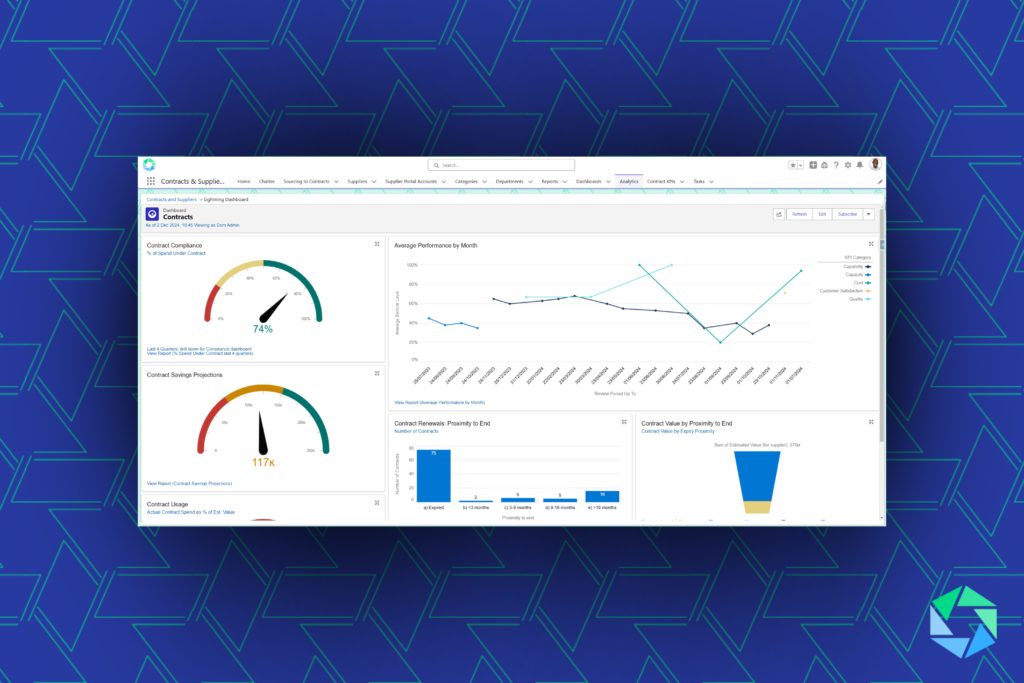
1. Does the Software Support Compliance with Financial Regulations?
Financial services operate in one of the most heavily regulated industries. Your procurement software must support compliance with laws and regulations such as Consumer Duty and Outsourcing in addition to GDPR and Cyber Security Risk etc. Look for features like audit trails, real-time reporting and built-in supplier due diligence tools to reduce risk and ensure compliance.
2. Can It Be Tailored to Our Specific Needs?
No two organisations are the same. Is the solution customisable to align with your unique procurement workflows, approval processes and reporting requirements? A tailored solution ensures you’re not adapting your processes to fit the software but using a system that works for you. Choosing a provider with innovation and agility at their core will mean you have a dynamic ever-evolving solution. Ideally you will also be able to contribute to the development roadmap as a client.
3. How Does It Support Supplier Management?
Strong supplier relationships are vital in financial services. Operational resilience in the supply chain is a growing concern for Financial Services organisations. The right procurement software should enable you to:
- identify and evaluate performance of the most high-risk suppliers with clear metrics
- assess and measure operational resilience when it comes to suppliers and outsourcing
- monitor compliance with ESG (Environmental, Social and Governance) standards
- maintain a centralised supplier database for easy access and management.
4. What Analytics and Insights Does It Provide?
Data-driven decisions are key to modern procurement. Does the procurement software offer advanced analytics to help you identify cost-saving opportunities, monitor supplier performance and forecast procurement trends? Look for intuitive dashboards and customisable reports that equip your team with the tools to clearly visualise your sourcing lifecycle.
5. Is The Solution Scalable as We Grow?
As your organisation expands, your procurement needs will evolve. Ensure the software can scale with your business, accommodating more users, larger volumes of data and increasingly complex procurement activities. You may also want to explore the integration capabilities of your chosen software partner: can the software integrate with third party tools so your team can expand and enrich the data they have access to? The ideal scenario is to deploy a “best of breed” approach, by choosing a software solution that can seamlessly integrate existing technology you have in place, such as your ERP.
6. How Does It Improve Efficiency?
Full data visibility empowers procurement to draw actionable insights. Manual processes are time-consuming and prone to error. The right procurement software should automate repetitive tasks like approval workflows, compliance checks and supplier onboarding, freeing up your team to focus on strategic activities. When procurement is bogged down in manual tasks and messy data management, your team is treading water. This prevents Procurement from unleashing its potential and contributing to overarching organisational aims.
7. Does It Enhance Collaboration Across Teams?
Procurement doesn’t operate in isolation. Your software should facilitate collaboration across departments, enabling stakeholders to easily contribute to procurement projects, approve contracts and access shared data. This is partly why a user-friendly platform is crucial.
8. What Level of Support and Training Is Offered?
Adopting new software can be challenging. Ensure the procurement software provider provides robust support, including onboarding, training and ongoing assistance. A dedicated account manager or client success team can make all the difference in achieving a smooth implementation.
9. Can We See It in Action?
A demo is crucial to understanding how the software works and whether it meets your needs. During the demo, focus on how the system handles your specific challenges and ask detailed questions about functionality, usability and integration capabilities. Ideally you would give the provider insights into your specific challenges so they can clearly highlight how the system can resolve these issues for you during your demo.
Selecting procurement software is a strategic investment that can drive efficiency, compliance and value across your organisation. By asking these 9 questions, you’ll be well-equipped to choose a solution that aligns with your goals and sets your procurement team up for success.
Ready to see how our tailored, end-to-end source-to-contract system can transform your procurement process?
Book a demo today
Discover why we’re the trusted partner for financial services organisations like Admiral Group, Ardonagh Group, Principality Building Society, British Business Bank and the FCA (Financial Conduct Authority).
Get a Demo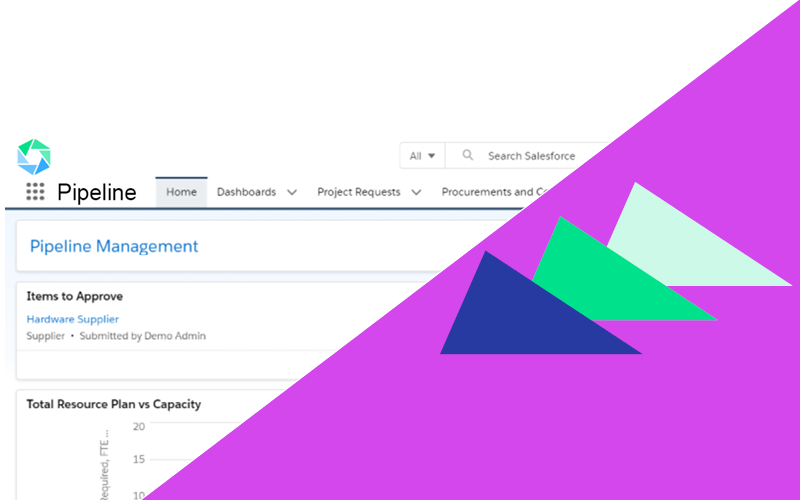 Our Pipeline App empowers your team to plan ahead and forecast for upcoming procurement activities.
Our Pipeline App empowers your team to plan ahead and forecast for upcoming procurement activities. 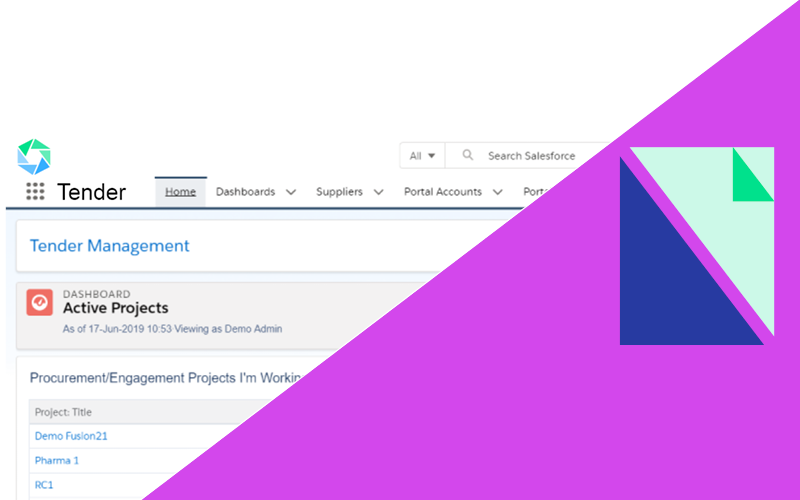 The Tender App allows your team to visualise all sourcing activities within your Atamis platform, from issuing tenders to receiving bids.
The Tender App allows your team to visualise all sourcing activities within your Atamis platform, from issuing tenders to receiving bids.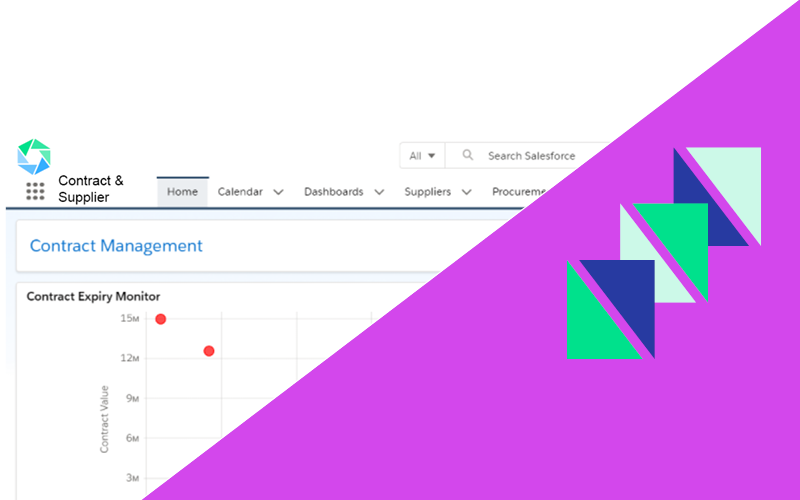 Our Contract & Supplier App puts your team in firm control of your key supplier relationships and provides a central repository for all contracts.
Our Contract & Supplier App puts your team in firm control of your key supplier relationships and provides a central repository for all contracts. 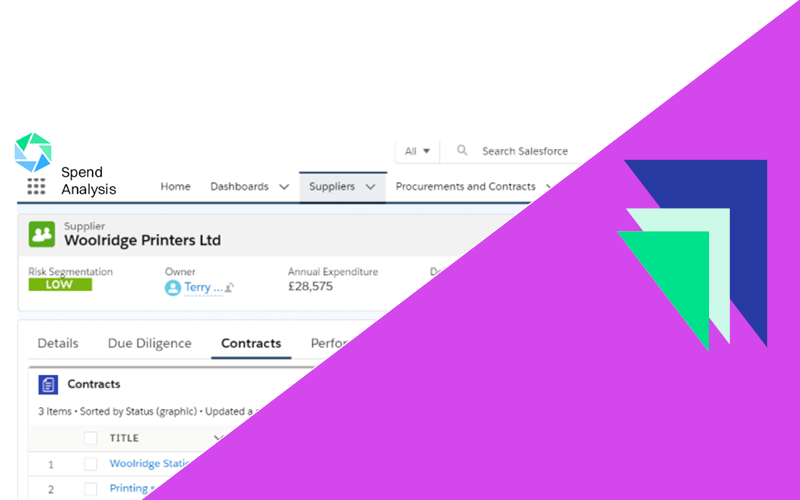 Our Enhancers ensure your solution is tailored to your needs. Pick and choose additional functionality that fits your requirements.
Our Enhancers ensure your solution is tailored to your needs. Pick and choose additional functionality that fits your requirements. 
